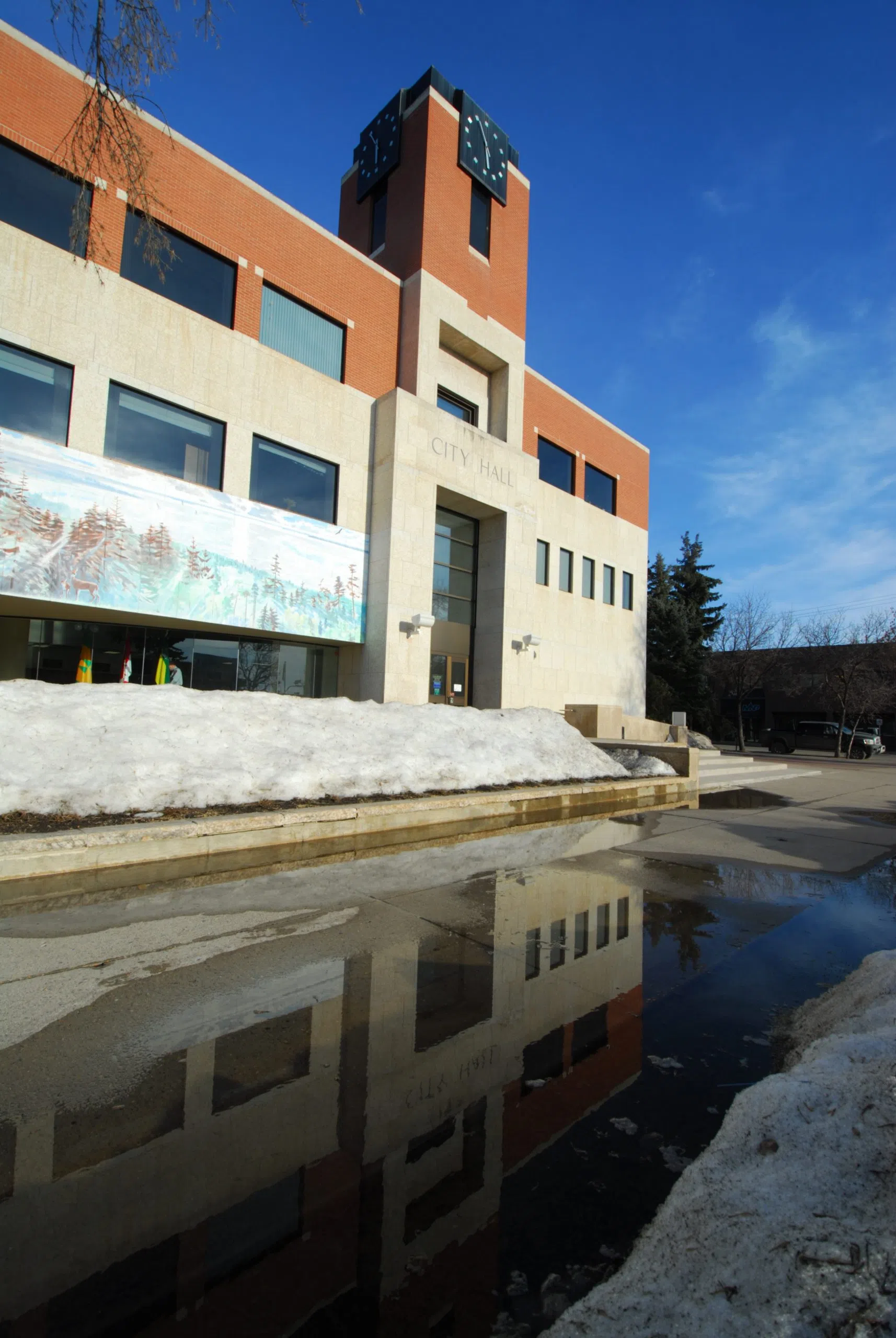
POLL: City considers crackdown on recycling program violators
Prince Albert is looking to get tough on people who abuse the city’s recycling program.
At Monday’s executive committee meeting, city councillors addressed concerns that recycling and garbage were being mixed in the bins during a discussion about 2013 Sanitation Fund Operating and Capital budget.
Councillors raised the spectre of fine increases for non-compliance with recycling rules.
After the meeting, public works director Colin Innes said that some of the times it’s an honest mistake made by people who don’t realize they can’t recycle items like cardboard with plastic attached to it.
“But there are other people who they don’t have the space for the garbage so they’re putting it in the bins,” he said and added his department has gone out and inspected the bins that have contamination – garbage mixed in with recyclables – in it. They’ve tagged those bins, and explained correct use of the bin.


